No voice of reason in BBC’s bungled hit job on referendum


That appears not to have crossed the minds of the producers of the BBC World Service podcast The Inquiry, who instead assembled a panel of experts whose sympathies lay with the Yes case.
This was not the BBC’s finest half-hour.
It began with a cartoonish history of Australian settlement with the assistance of John Maynard, emeritus professor of Indigenous education and research at the University of Newcastle. Aboriginal people had first been driven to the brink of extinction by colonial settlement before suffering “more than a century and a half of discrimination and exploitation … herded on to worthless areas of land … given inadequate housing, clothing, inadequate diet, which has impacted on to Aboriginal health right up to today”.
But things began to look up in 2008 when the presenter told us, “prime minister Paul Rudd (not a misprint) made a formal apology to the country’s Aboriginal and Torres Strait Islander peoples”.


The referendum proposal was a chance to take reconciliation to the next level. Still, it had been inexplicably knocked back in what host David Baker described as “yet another setback in the Indigenous fight to be heard”.
Expert number two was Tim Soutphommasane, well known to readers of this newspaper as a former Australian Human Rights Commissioner, who attacked the late cartoonist Bill Leak for racially stereotyping Aboriginal Australians. Soutphommasane is now chief diversity officer at Oxford University.
Professor Soutphommasane told us that campaigners had assumed “that the better angels of Australians’ nature would prevail”. Yet many Australians didn’t have an Indigenous friend, colleague or neighbour: “So understanding the significance of the voice … was something that many people just simply could not grasp.”
Andrea Carson, of La Trobe University, took up the underlying stupidity of non-expert Australians. “Australia is still very much a materialist country,” the professor explained. “They’re not thinking about higher-order issues such as human rights and equality.”
The No camp had generated “a lot of myths and disinformation”, and had a clearer social media campaign, and Australians had fallen for it.

The final expert was Thomas Mayo, the pro-voice campaigner who has previously said the “embarrassing” referendum had made it “hard for Australia now to talk about human rights to other countries like China”.
He laid the blame on Peter Dutton and an egregious misinformation campaign. He singled out the claim that the voice would have divided Australians by race, which he said was false and misleading. “It wasn’t about race,” he said. “Indigenous peoples aren’t a different race. We are a distinct people with a heritage and culture.”
Mayo’s social media posts claiming the voice would pave the way for reparations, forcing non-Indigenous Australians to pay the rent, were a setback for the Yes campaign. Yet Mayo told the BBC: “It was a simple message, just recognition through an advisory committee.
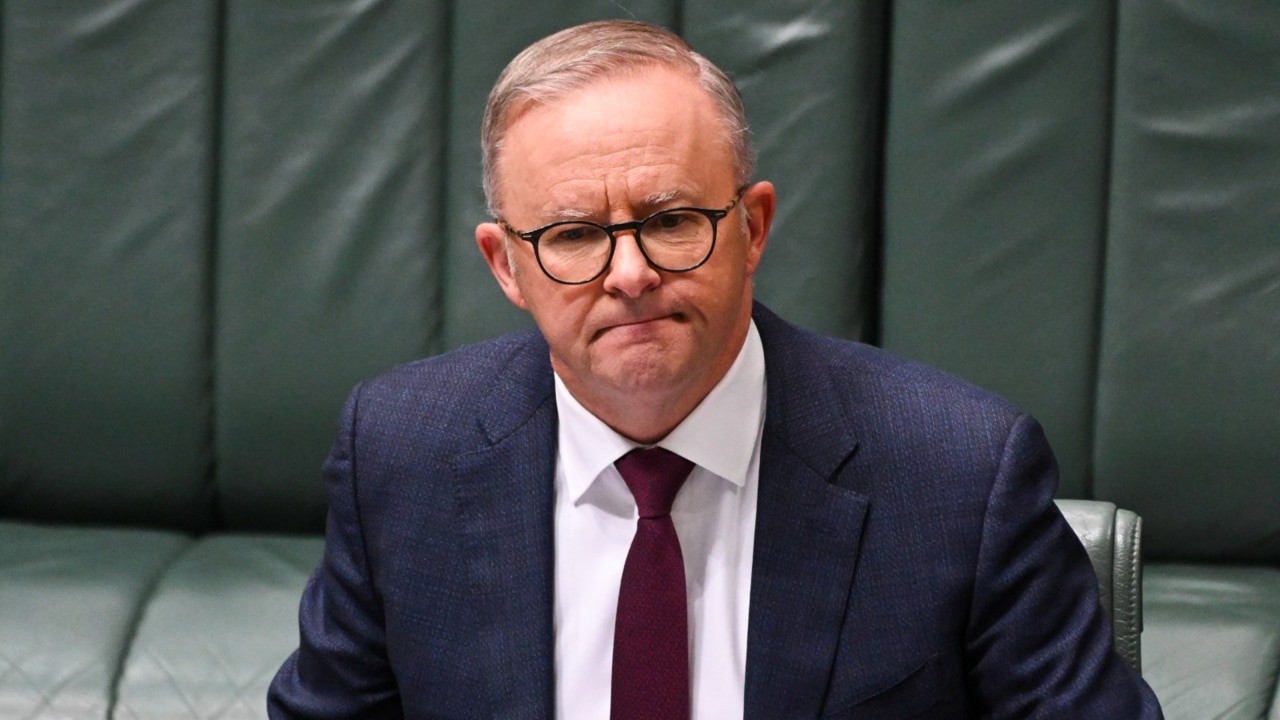
“We kept repeating that, but we just couldn’t get through. We are a nation frozen in time.”
If the podcast aimed to confirm the comfortable prejudices of social justice campaigners, the producers did a first-class job.
The referendum result confirmed in their minds that Australians are indeed stupid, borderline racist, selfish and uncaring.
Australians had stubbornly refused to understand what the referendum was about and had been duped by a slick misinformation campaign.
It reinforced their dark view of history, a long struggle for liberation from the forces of evil, an unequal contest between the oppressors and the permanently oppressed, from which we will only emerge when the vision of the anointed holds sway.

The show confirmed the expert class’s high estimation of itself. They are the people concerned about higher things whose ears are more finely tuned to the voices of the better angels.
Never once did the show take a detour from this self-serving narrative by asking if the 60 per cent of Australians who voted no might have had a point. Nursing historical grievances and locking a race-based institution permanently into the Constitution may indeed have been measures that would push Australians further apart. It may have led to more racism, not less, and denied Aboriginal Australians the path towards integration as fellow citizens.
Yet the die had been cast at the top of the show when Baker framed the question the experts were on hand to answer: “What went wrong with Australia’s Indigenous call for a voice?”
It ruled out any possibility that voters had got it right.
Nick Cater is senior fellow at the Menzies Research Centre.

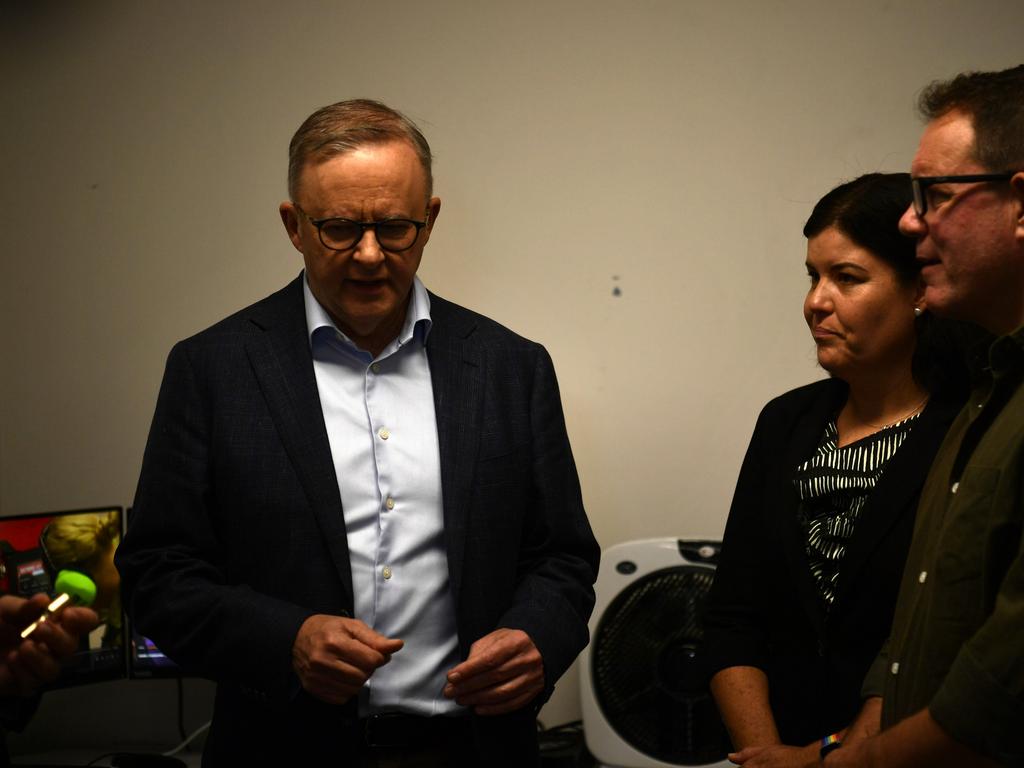
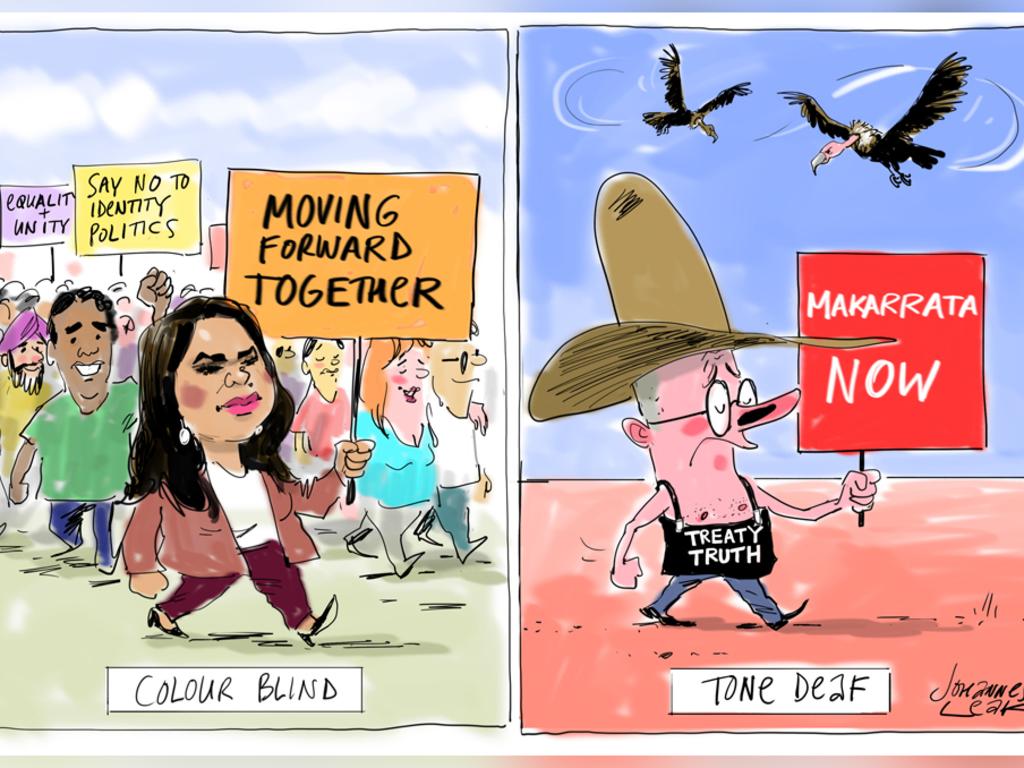
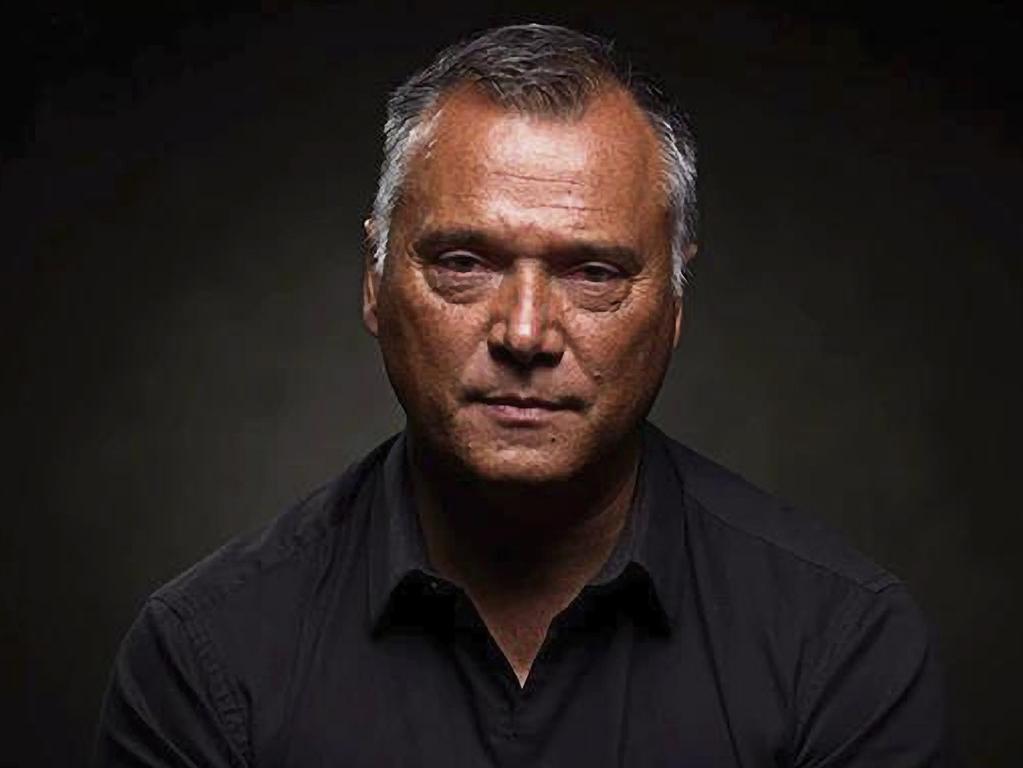
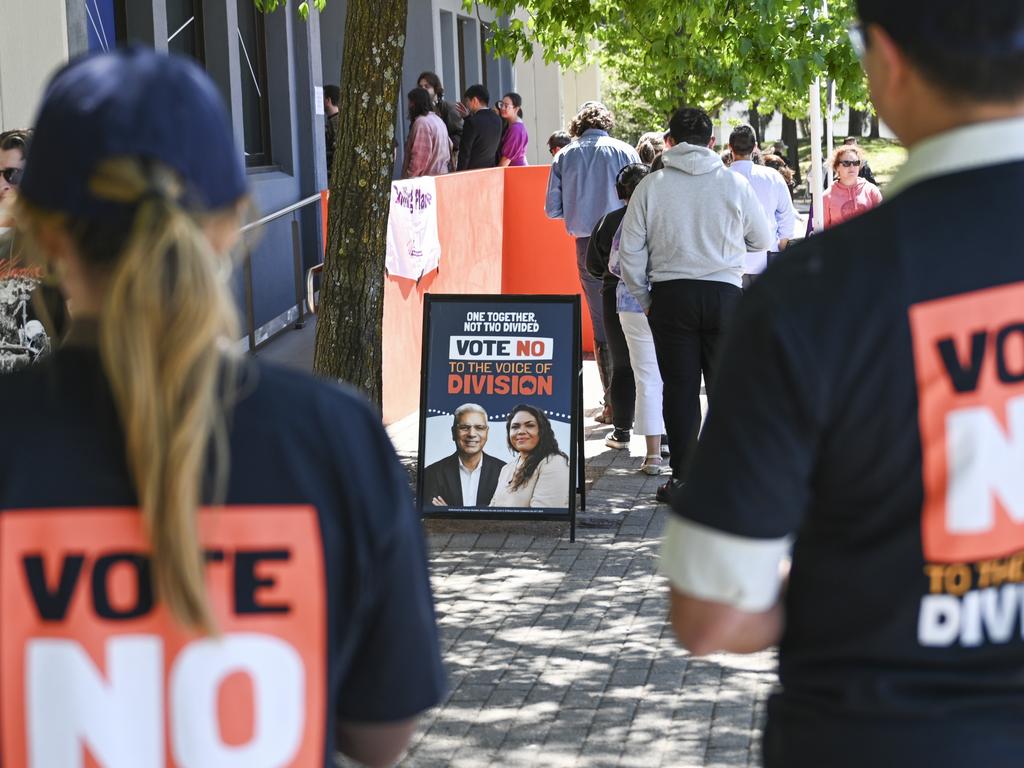


If the BBC really wanted to understand last month’s voice referendum result, it would’ve been a good idea to talk to Australians who voted No.